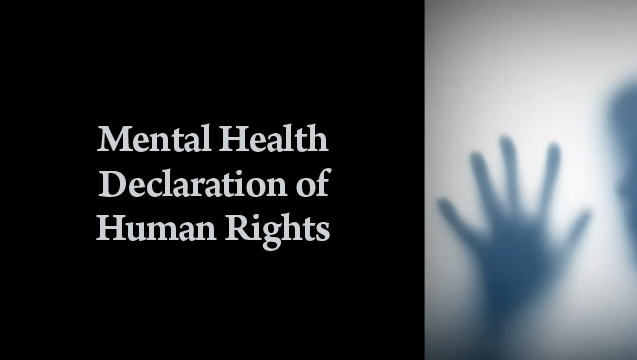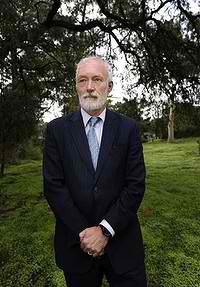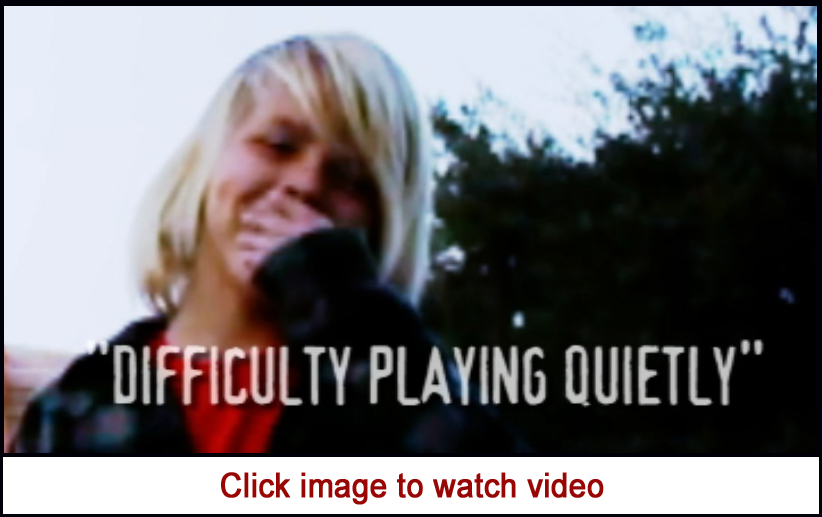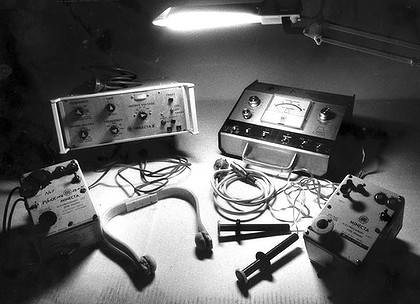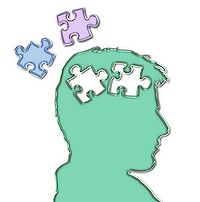
Politics and mental health a poor mix
Imagine a tribunal where the public could challenge clinical decisions by neurosurgeons or cardiologists. It would be ridiculous. But mental health is different. Unlike other medical specialties, it resembles law or politics: fields where subtle variations in the interpretation of a word can alter the entire trajectory of a patient’s treatment.
That’s why the right to appeal clinical decisions by mental health professionals through a tribunal, announced recently by the NSW government, met with public approval. Mental health possesses a built-in capacity for abuse that is greater than in other areas of medicine. A patient’s psychiatric diagnosis has enormous cultural power in many other fields, from the marketing of antidepressant medications, to general practice, disability claims and legal proceedings.

